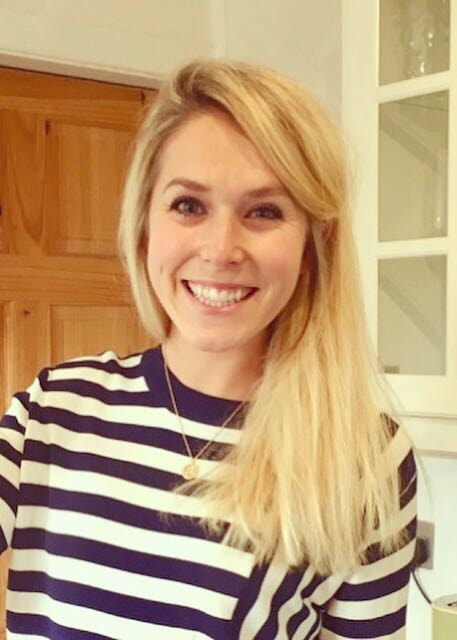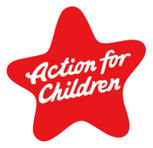|
Dr Tom Cromarty Editor Interests: Paediatric Emergency Medicine, Medical Engagement and Leadership, Simulation, Quality Improvement, Research Twitter: @Tomcromarty |
Welsh Research and Education Network
WREN BlogHot topics in research and medical education, in Wales and beyond
Dr Celyn Kenny Editor Interests: Neonates, Neurodevelopment, Sepsis, Media and Broadcasting Twitter: @Celynkenny |
|
Dr Siwan Lloyd ST5 Action for children Family Intervention Team: supporting children in the community I am coming to the end of my community paediatric placement and have learnt a huge amount about the way that vulnerable children and families are supported in the community. Whilst sitting in on MDT referral meetings, I realised that I previously had very little understanding of the huge team of allied professionals, charities and agencies offering support out in the community. I therefore made it a PDP to increase my understanding and awareness of the way that the wider community supports children. I was over the moon to be invited to an Action for Children Family Intervention Team (FIT) team meeting. The team had a psychologist and family intervention workers who all had their own caseload. The team discussed their active case-load and I was really inspired to hear about the support that they provide for children living in very difficult circumstances (e.g. living with parental mental health disorders, acrimonious parental separation, children struggling with issues surrounding gender identity, children presenting with behavioural challenges, children displaying sexualised behaviour, children living in households with domestic violence, children displaying anger and aggression etc.). The team usually perform an initial assessment and then work with a family for 12 weeks. Many of the children had received support from their Wellbeing project (a project funded by Caerphilly families first and run by Action for Children) which supports families suffering from low motivation or low mood, anxiety, depression, social isolation or traumatic life experiences. The aim is to build resilience, improve emotional wellbeing and support for families to feel more positive and confident. The process is provided by a family support practitioner delivering engagement sessions followed by either group sessions or individual support. They work on confidence building, self-esteem, regulating emotions and feelings and preventing social isolation. I was particularly impressed by the way the team discussed a safeguarding issue of a family who would not engage with any other service (e.g. paediatrician, social services) and who were withdrawing and becoming socially isolated but this family had built a trusting relationship with their action for children family intervention team case worker. The team discussed the way in which this was so important in maintaining this relationship and slowly getting the family and child to trust professionals. I was also impressed by the way the team highlighted each child’s wellbeing as their utmost priority but always discussed this in the context of the wider family. There have been many times in community paediatrics when I have seen a child presenting with behavioural difficulties when it is evident that the family environment is affecting them. This team is able to provide support to the wider family and by doing so improve the life and mental health of the young person which is an invaluable resource. Action for children can arrange Family Therapy which can work on issues such as building consistent parenting. I learnt about some of the psychological techniques that can be used to support parenting for example PACE – “playful acceptance, curious and empathetic” a form of parental psychotherapy developed by Daniel Hughes that can be undertaken in groups or 1:1 and works to support forming secure attachment and encourages parents to give children vocabulary for discussing emotions. There was also discussion about ACT “acceptance and commitment therapy” which can be offered to parents struggling with difficult circumstances to allow them to accept these things that they have no control over. There was also discussion surrounding teaching and supporting parents to use NVR (non-violent resistance) as a technique to manage difficult and aggressive behaviours. I was embarrassed to admit that I had no idea how many sources of support there are for families that Action for Children can signpost and refer to (for example “Confident with Cash” is a resource led by families first and the citizen’s advice bureau that can give advice on benefit entitlements, consolidating debt and managing household budgets to families that are struggling, TYFE (targeted youth and family engagement) is a group led by families first that take children out to participate in group activities aiming to build their social skills, confidence and self-esteem). The team also discussed referrals on to other agencies as sources of support including Llamau (e.g. “domestic abuse children and young people outreach”), Caerphilly Council’s Youth Respect programme (a Supporting Family Change project for young people who show early indications or abusive, aggressive and controlling behaviours), NYAS (National Youth Advocacy Service – a confidential independent service that supports children and young people by helping them to be heard and exploring their views, wishes or feelings on a particular issue or circumstance), Barnados (e.g. “confident parents, stronger families” – aims to assist development of parenting skills and increase parental capacity offering support with things such as routines and managing behaviour). This team works with families who are reaching crisis point and struggling to cope and I firmly believe that the vital support that they offer is likely to reduce child neglect, child emotional and physical abuse and supports the child’s overall wellbeing. It was truly inspirational to see the way that they provide support for these families (and I was so inspired I was briefly tempted to change careers in order to become one of them!). Learning points:
For more information about the work that Action for Children undertake see - https://www.actionforchildren.org.uk/. I would be very happy to share contact details with any trainee who is also interested in using some Study Days to attend an Action for Children Team meeting. Other resources: https://www.barnardos.org.uk/ https://www.llamau.org.uk/ https://www.nyas.net/
0 Comments
Leave a Reply. |
Editors
Dr Annabel Greenwood Categories
All
|







 RSS Feed
RSS Feed
